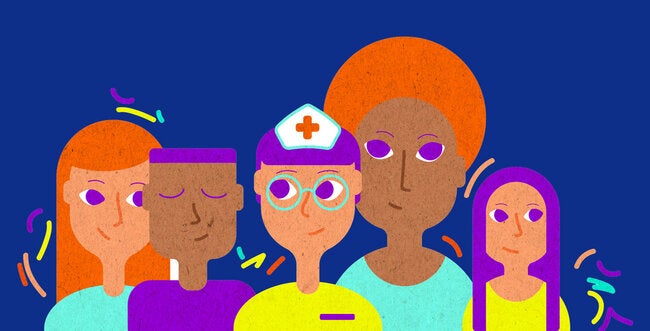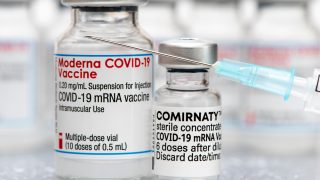Medical experts, senior health officials and even senior finance officials warn that the call “to embark on a purchase of Acmo devices could be a mistake. It is not certain that a massive purchase of these devices is the right policy.” This was reported this morning (Sunday) by Adrian Pilot in “Calcalist”. In April 2020, Dr. Orly Weinstein, then director of procurement at the Ministry of Health’s control center and now director of Clalit’s hospital division, reported that in an agreement with the Ministry of Finance, it had been approved to order 30 more devices. According to the Ministry of Health, there are now 80 Acmo devices in Israel and the rate per capita in Israel is one of the highest in the world. Only about half of the devices are in use. Half of them are backups in case of malfunctions. The problem is a shortage of skilled staff to operate them and hospital beds.
At the beginning of the epidemic in Israel, a shortage of respirators was discovered. Hundreds of respirators were purchased in a quick procurement campaign in competition with other countries described as harsh and cruel, but in the end it turned out that in order to operate each ventilator requires an anesthesiologist, two nurses, a hospital bed with electricity and oxygen and appropriate food rations. It is sufficient that one component from this list is missing to prevent the device from being used. It was later discovered that there are about 3,000 respirators in Israel and only 600-800 people can be women at a time. As of yesterday, the number of respirators stands at 203 – about a quarter of the respiratory capacity of the health system.
In the government hospitals division, some believe that there is a shortage and in some hospitals, including Hillel Yaffe in Hadera and Barzilai in Ashkelon, there are no such devices at all.
Next week, when the economy returns to full activity after the holiday month, “another explosion is expected between the two offices around the corona standards that have not yet been budgeted (amounting to NIS 850 million). . The health care system requires their budgeting for the base (permanently) and their permanent absorption, while the Ministry of Finance opposes on the grounds that it was initially clarified that these devices are temporary.
Each one has about NIS 256,000 before VAT and the costs of using it amount to about NIS 300,000 a month. Immigrants to the health basket about NIS 23,000, about 75% of which is the cost of hospitalization.
Note: This article has been indexed to our site. We do not claim ownership or copyright of any of the content above. To see the article at original source Click Here

.jpg)











